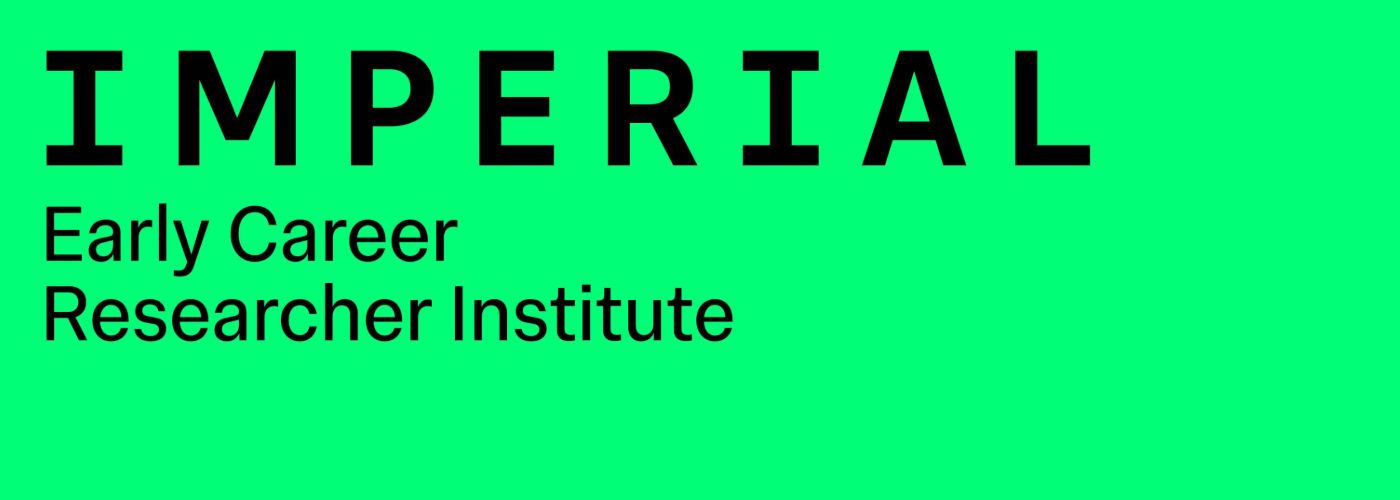by Martin Prießner, PhD researcher in the Department of Chemistry
On the 3rd of March was the first official Reunion of the Cross-CDT Cohort 2016/17 after the winter break. For this occasion, 15 CDT students from 3 different CDT programmes (CDT Neurotechnology, CDT HiPEDs, CDT Mathematics of Planet Earth) came together to experience an enjoyable night at the famous Karaoke Bar “The Star of Kings” close to St. Pancras Station.
The evening started with a cosy dinner where everyone could catch up what has happened for each of the different PhD students after they have successfully finished their MRes in autumn the year before.
